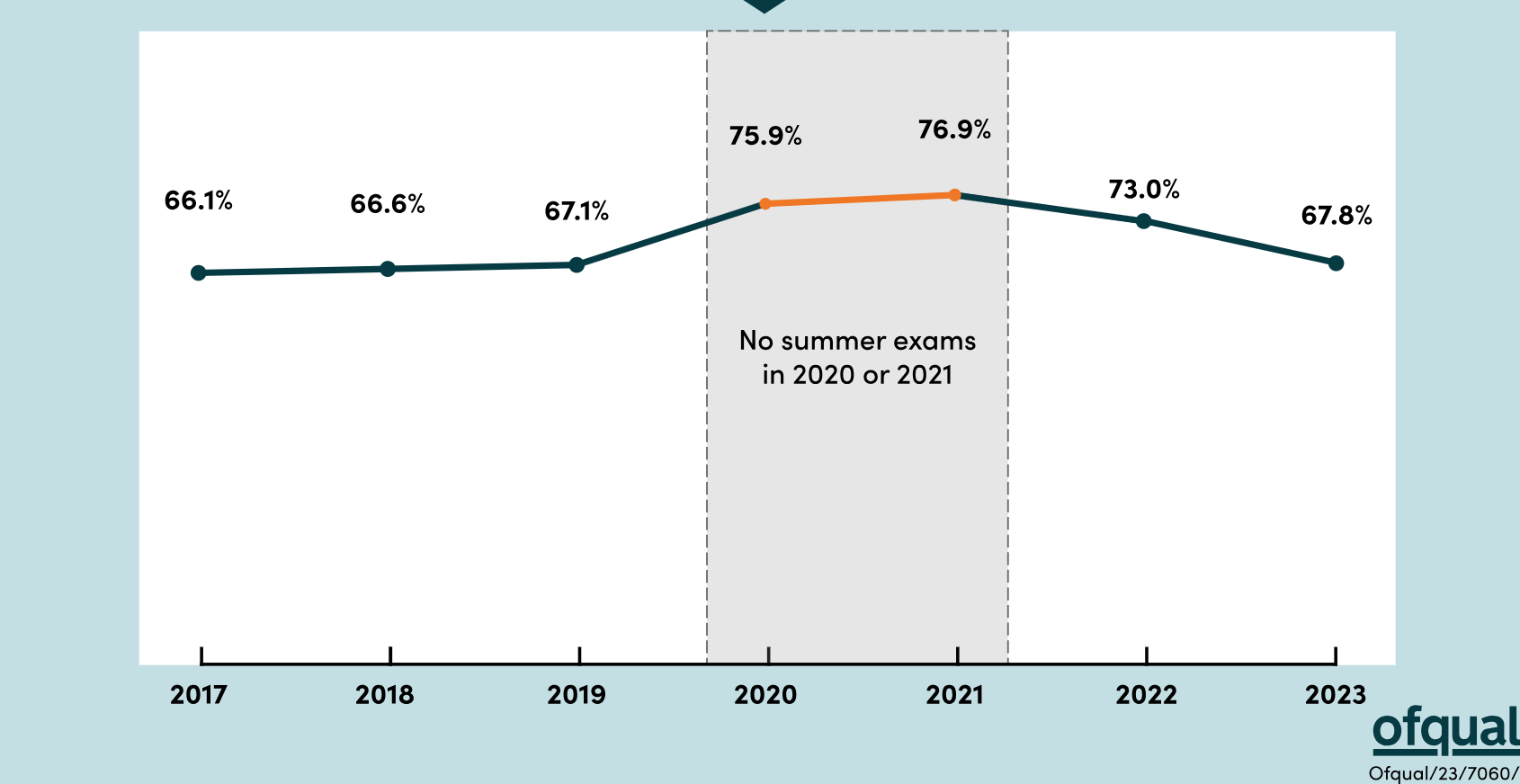Why the Spanish term "machista" does not mean "chauvinistic" or "sexist" or any other English word

This week we have seen in the news the terms machismo and machista . For example, in this article from The Guardian , they quote a sentence said by football player Jenni Hermoso : " I felt vulnerable and the victim of an aggression, an impulsive, machista act, out of place and without any consent on my part. " The Guardian decided to add the word "chauvinistic" next to the word machista to help readers understand the meaning of the word. However, it is not quite the same, and there might not be a word in the English language that clearly means what machismo means. On Sunday the 20th of August, Spain and England played the final match of the FIFA Women's World Cup where Spain won 1 - 0. There was a celebration where Luis Rubiales , then President of the Royal Spanish Football Federation, kissed Spain forward Jenni Hermoso on the mouth. As the player herself explained, that kiss was not consensual, and some people from the sport community, mostly other women,
